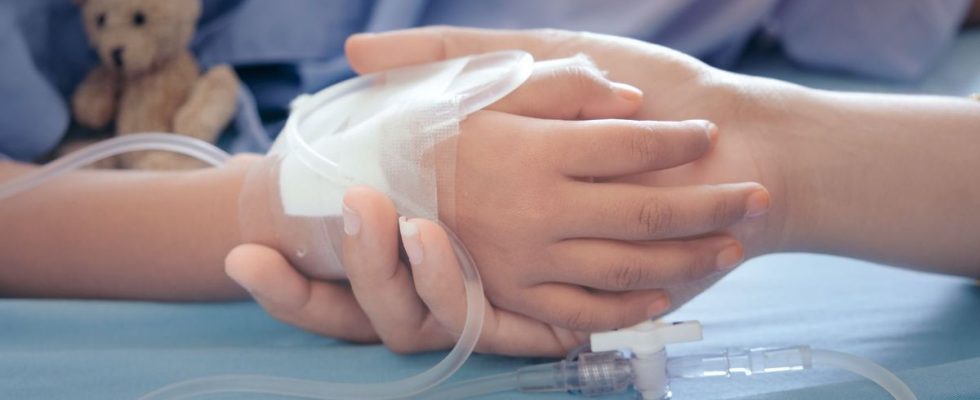Published on
Updated
Reading 3 mins.
Friday, April 14, the Dutch Minister of Health announced to open euthanasia to minors under 12 years old. A decision that concerns children whose death is inevitable and whose suffering cannot be alleviated. But who makes the decision in this case?
It is a difficult decision to consider, but one that has been expected in the Netherlands for years. On Friday April 14, the Dutch government announced its intention to extend euthanasia to children under the age of twelve. This option will apply only to young people who are enduring intolerable suffering that cannot be relieved, which would represent five to ten children per year.
“Only when a disorder is so severe that death is inevitable”
The expected openness does not mean, however, that the choice will be evoked at the slightest long illness experienced by a child, however difficult it may be. In this, the government has put strong words in its historic decision: “This will concern children with an illness or disorder so severe that death is inevitable and (…) expected in the foreseeable future”, underlined the Dutch Minister of Health Ernst Kuipers.
So only the childrenfor whom palliative care options are not enough to relieve their suffering” would be candidates for this possibility. And assisted dying will be possible”when it is the only reasonable alternative for a physician to end the desperate and unbearable suffering of the child”.
Minors under 12: who can consent to euthanasia?
The fact remains that taking a decision to euthanize a minor between 1 and 12 years old can raise questions about the notion of consent, of decision, whether it is mentioned by the child, the parent or the doctor. The question is also shared for other ages: for those over twelve, euthanasia is already legal in the Netherlands for those who can give their consent (meaning those whose state allows it), and for babies under one year old with parental consent. For children aged 1 to 12, the government announces that “if the child is unable to do so, the parent may do so, in consultation with the doctor” Axel Dees, spokesman for the Ministry of Health, told AFP.
In February 2014, Belgium became the first country in the world to take the decision to allow minors without age limit,”in capacity of discernment” to choose euthanasia. In the Netherlands, however, the issue raises debate even within the government. “It is a particularly complex subject which deals with very trying situations”, conceded Ernst Kuipers. The regulations are expected to be published this year. An evaluation is already planned a few years after its entry into force.
“Accompaniment should not be limited to a consent protocol”
If the decision does not concern France, the debate around euthanasia nevertheless involves many questions of responsibility, all the more so when it comes to minor patients. For Dr. Laure Legardinier, psychiatrist working with children and adolescents in a hospital setting, this decision based on the consent of the child or the parent is problematic on several counts:
“I don’t think it’s ethically acceptable for a child, or even their parents, to bear responsibility for an active act that concerns death. Besides, why should “consent” be needed for a death imposed by illness? This question seems to me to be badly formulated, and above all dealt with in an administrative way”.
Thus, according to the practitioner, when a suffering patient has no other outcome than the end of life, it is up to the medical profession in a collegial way to take charge of the question of death with the patient and his family in multidisciplinary committees.
”This has been practiced for decades and guarantees the ethics of accompanying the dying. It also has the merit of sharing the end-of-life decision and not making it rest with the family. All of this requires subtle, complex support and cannot be reduced to a single “consent”. Above all, this support should not be reduced to a ‘protocol’ of consent! It is appropriate, in my opinion, on the contrary, to strengthen palliative care and to take the time to accompany the family in what the announced death represents for each one.
Remember that in France, Emmanuel Macron is planning a law on the end of life by the end of the summer. However, this would not include assistance in dying for minors, a red line for the head of state.
